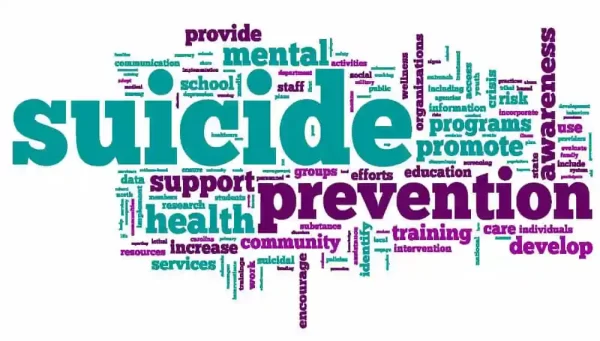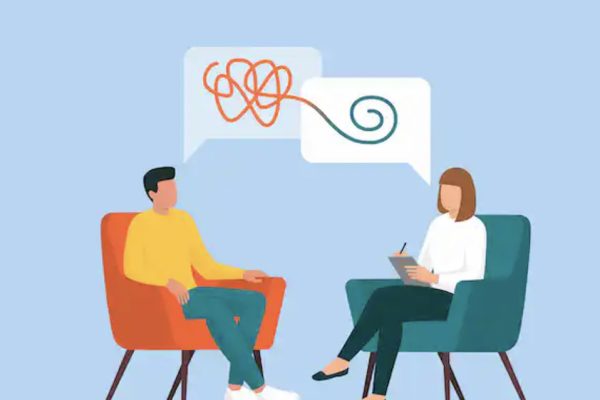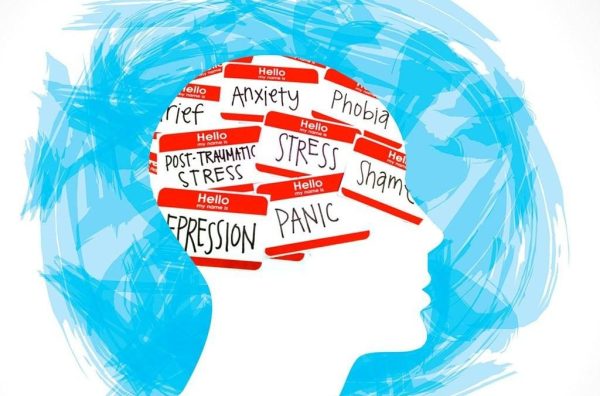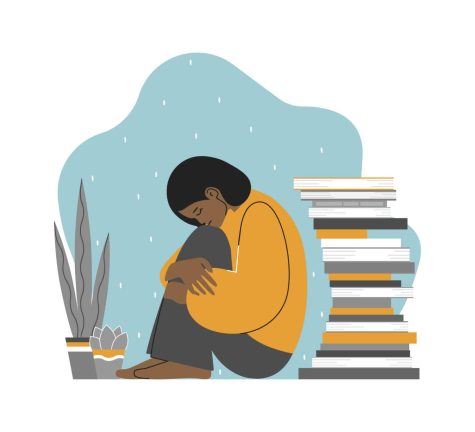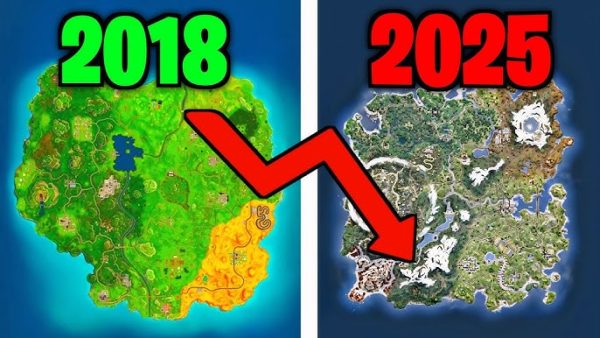Teen Mental Health
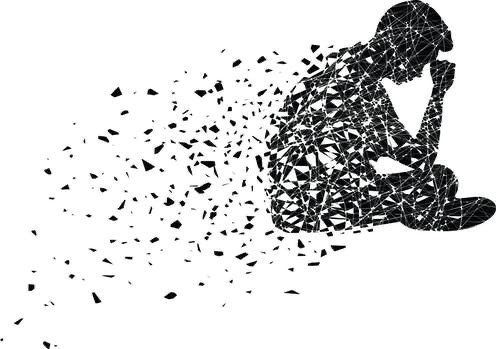
How is your mental state? This generation’s mental health is a little bumpy. A teen’s life has been thought to be easier than most because of the stage of life and just because we’re in school and some of us have a job. According to Adolescent Wellness Academy, “Teens today are under significantly higher pressure to perform academically and in extracurricular settings. School and other activities such as sports can be a huge source of stress and lead to mental health problems.” This means that so many teenagers have dealt with being told that they shouldn’t be stressed cause life is at an easy stage right now. For example, the American Psychological Association (APA) released a survey that proved that during the school year teen’s stress levels are higher than adults.
Research has proven that there is a link between social media and teen mental health problems. This comes from many social media sites such as Facebook, Instagram, and Snapchat. These sites put pressure on teens by putting forth unattainable body pictures, status symbols, drama, or others’ opinions. Teenagers stress out because they can’t decide what to post, or they want to post something that will get a lot of attention, which means the post must be something that will look perfect, and captions must be perfect as well. All these things can cause anxiety as well. Also, social media takes time away from teenagers, therefore sleep quality is aggravated by social media addiction because teens are staying up later.
Other than stress, there are more mental health challenges that teenagers face. For example, anxiety, depression, personality disorders, psychotic disorders, eating disorders, trauma, and substance use. Many teens deal with multiple mental health challenges at one time. Between 20% and 30% of adolescents have one major depressive episode before they reach adulthood. According to Polaris Teen Center, about 1 in every 5 teens aged 12 to 18 suffer from at least one mental health disorder. These mental health disorders can affect the daily life of these teens and their wellbeing and depending on what type it can also affect their physical health, or relationships with others, and it can also affect their academic performance.
Nearly 1 in 3 adolescents and teenagers meet criteria for anxiety disorder by the age of 18. Depression and bipolar disorder affect about 14% of teens aged 13 to 17. Studies have shown that teenagers are at a significantly heightened risk of developing symptoms of drug dependence when drug use starts before age 18. Early exposure to drugs and alcohol is also linked to the development of mental health disorder like psychosis. One hundred thousand teenagers experience their first psychotic episode between ages 15 and 25. Even though so many young people struggle with mental illness, less than 50% of them receive treatment.
In conclusion, I think parents can try helping their children with things, but not pressure them. Parents should be able to listen to how their children feel. A child should be able to tell their parents how they feel without being judged. If a parent doesn’t want to listen try to see a therapist or look for someone who will listen.
Your donation will support the student journalists of Pasco High School and keep the Wasco up and running. Your contribution will allow us to cover our annual website hosting costs.

Hello, my name is Eliza and I am a senior here, at Pasco High, and I'm currently 17 years old. I'm a very friendly and kind person. I enjoy trying new...

